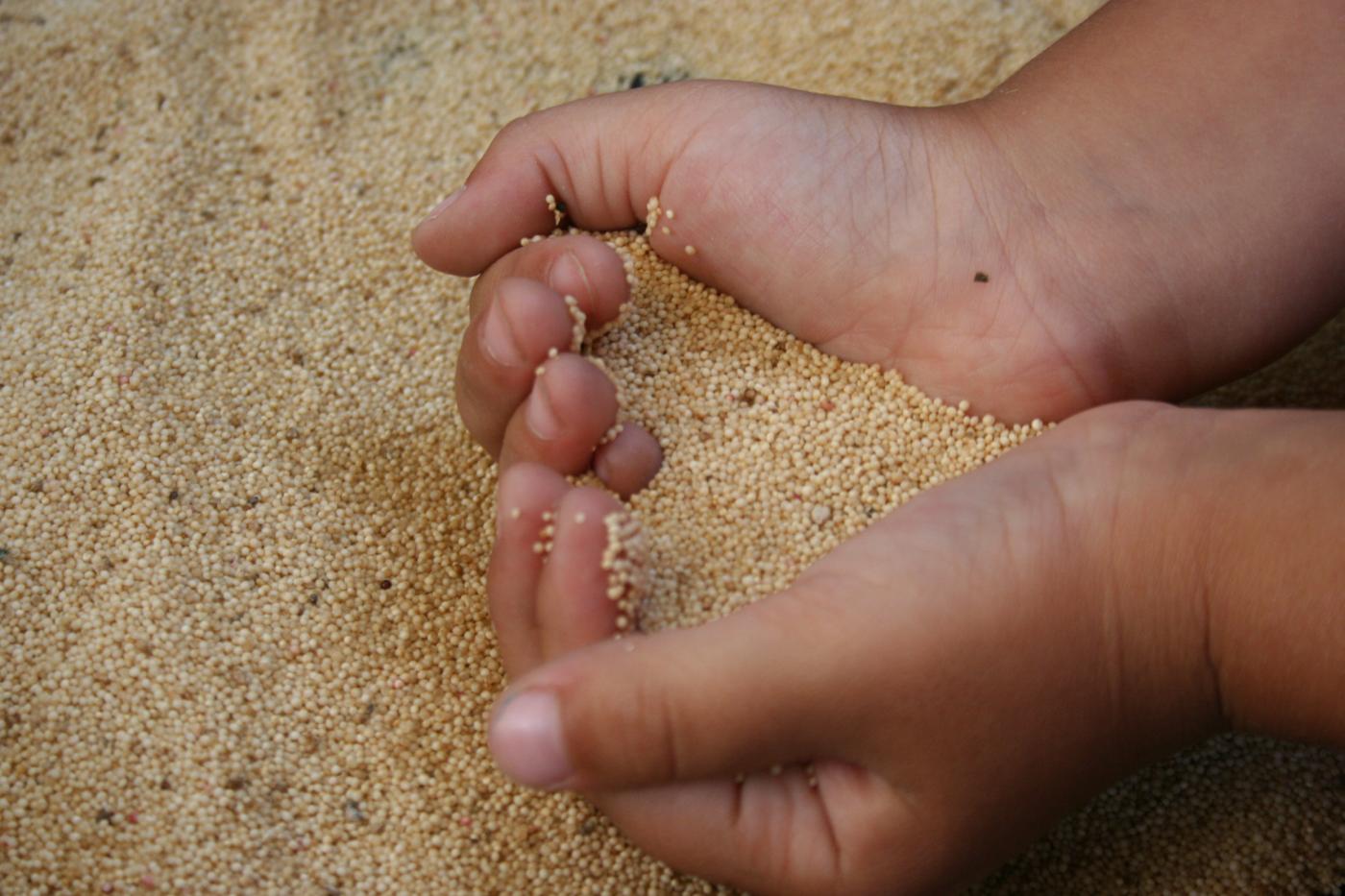By targeting these meridians or pathways, an acupuncture practitioner aims to bring back into balance a disruption of Qi believed to cause thyroid disorders or other symptoms of a disease…writes Dr.Srividya Nandakumar
Thyroid disorders are quickly becoming one of the most common health concerns in India, with more than 42 million people suffering from some form of thyroid disorder. Also, 1 in every 10 people in India has thyroid problems such as hyperthyroidism, hypothyroidism, and thyroid cancer, and over 60 per cent of them go undiagnosed.
It can affect people of all ages, but women are more likely to be affected because it is often inherited from family members and also results from iodine deficiency. While traditional treatments usually focus on drugs and surgery, eastern treatments like acupuncture can effectively manage thyroid issues. While acupuncture has many applications, it has proven to be especially effective in the safe and natural treatment of all types of hormonal imbalances.

What is Thyroid?
The thyroid happens to be a butterfly-shaped gland that is situated at the front of the neck. The gland is responsible for metabolism, energy, hormone regulation, body weight, and blood calcium levels. It is one of the endocrine glands that make hormones.
Hyperthyroidism and Hypothyroidism
Hyperthyroidism, or overactive thyroid, occurs when the thyroid gland produces too much thyroxine hormone. Similarly, hypothyroidism, or underactive thyroid, is a condition in which the thyroid gland doesn’t produce enough of certain crucial thyroid hormones. Here are the symptoms of hyperthyroidism and hypothyroidism:
Hyperthyroidism
Weight loss despite good appetite
Increased heart rate, higher blood pressure, heart palpitations, nervousness and excessive perspiration
Frequent bowel movements, sometimes accompanied by diarrhoea
Muscle weakness
Shorter or lighter menstrual periods
Development of a goitre (an enlargement in the neck)
Hypothyroidism
Lethargy, depression or slower mental processes
Increased sensitivity to cold
Reduced heart rate
Numbness or tingling in the hands
Constipation
Heavy menstrual periods or dry hair and skin
Hormones are like messengers in the body that is responsible for numerous functions, such as overseeing the regulation of sleep cycles, emotional health, reproduction, physical growth, metabolism, mental acuity, body temperature, the immune system, and energy levels. When they go out of balance, all of the body’s systems can be adversely affected. Fluctuations can be a natural occurrence, but long-term imbalances are not. That is why it is important to get diagnosed by testing the levels of thyroid hormones in the blood.
How Acupuncture Helps
According to traditional Chinese medicine philosophy, most diseases stem from imbalances in the key energies of the body and spirit. “Qi” which can be defined as life force energy, flows along pathways through the body known as “meridians”. It must be kept strong and flowing freely. If Qi is weak or the meridians are blocked, certain organs will not get the nourishment they require, and illness will result.
Acupuncture is a process that involves inserting very thin needles into the skin at specific points on the body that coordinates with particular pathways of Qi. By targeting these meridians or pathways, an acupuncture practitioner aims to bring back into balance a disruption of Qi believed to cause thyroid disorders or other symptoms of a disease.
According to the British Acupuncture Council, acupuncture can treat thyroid disease in many ways, such as:

- Lowering thyroid hormone levels in patients with hyperthyroidism
- Increasing thyroid hormone levels in people with hypothyroidism
- Reducing sensitivity to stress and pain, as well as promoting relaxation
- Improving joint mobility and muscle stiffness by increasing blood circulation in small blood vessels
- Enhancing the release of the chemical adenosine, which reduces sensitivity to pain
- Reducing inflammation by helping in the release of vascular and immunomodulatory factors
Along with acupuncture, certain lifestyle changes like a diet rich in calcium, protein, magnesium, and iodine helps support thyroid function. Also, certain foods known as goitrogens may interfere with thyroid hormone production and should be limited. These include cruciferous vegetables (e.g., cabbage, cauliflower, and Brussels sprouts), soy, and peanuts. Stress-reducing exercises like yoga or tai chi can also be helpful.
ALSO READ-Foods to take for thyroid issues





